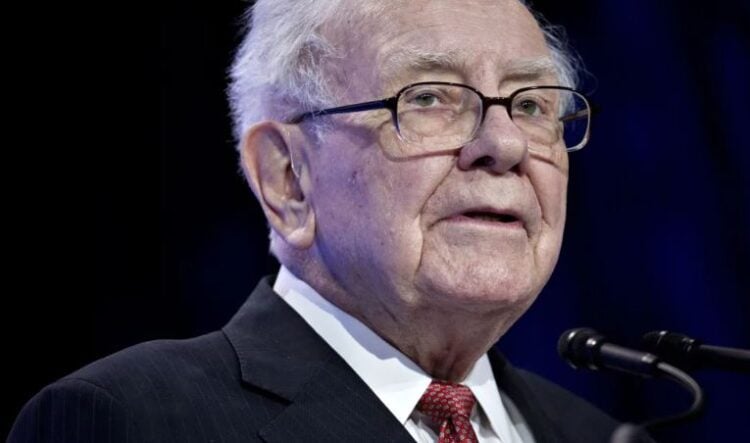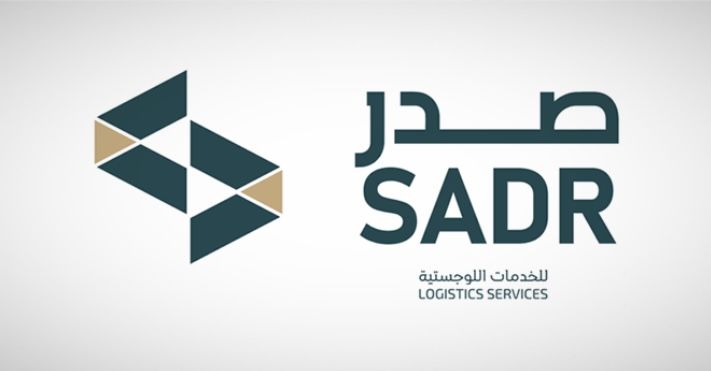Publisher: Maaal International Media Company
License: 465734
Warren Buffett’s company just raised $628 million selling samurai bonds as Trump’s tariffs rocked markets
اقرأ المزيد
Warren Buffett’s Berkshire Hathaway sold yen-denominated debt worth $628 million on Friday, even as Japanese companies delayed bond issues amid roiling markets and a burgeoning trade war.
The famed investor’s conglomerate issued six tranches of bonds ranging from three to 30 years, and offered higher premiums than its last yen note issue in October, per a term sheet viewed by Reuters.
Beverage makers Asahi and Suntory and Cup Noodle owner Nissin Foods postponed yen-bond issues they had planned for this week as President Donald Trump’s sweeping tariffs and threats of retaliatory duties tanked stocks and rattled bond markets worldwide.
Buffett, famous for keeping his cool when others panic, forged ahead.
The Berkshire CEO nearly doubled his company’s stash of cash and Treasurys to more than $320 billion last year, as he pared key holdings such as Apple and Bank of America and halted stock buybacks. This latest fundraising fueled fresh speculation on social media that the bargain hunter is preparing to pounce as stock prices reel.
“Just wow,” Larry McDonald, the author of “The Bear Traps Report” and former head of US macro strategy at Société Générale, posted on X. “Buffett is loaded with cash and he’s reaching into the margin account (borrowing) in yen. Next 12 months – he’s going to buy this puke festival with both hands.”
Betting on Japan
Berkshire has been issuing so-called samurai bonds since 2019 to finance its investments in five Japanese trading houses: Itochu, Marubeni, Mitsubishi, Mitsui, and Sumitomo. Friday’s yen deal was its smallest so far, which could reflect limited investor appetite given all the market turmoil.
Buffett’s company raised its stakes in the five largest “sogo shosha” in March, after he disclosed in his annual shareholder letter in February that the quintet had agreed to let Berkshire increase its ownership of each of them to more than 10%.
The billionaire investor wrote that he and his team originally piled in because they were “amazed” at the companies’ cheap valuations.
Buffett also praised their use of capital, quality of management, and shareholder-friendly policies. He pointed to their responsible stock buybacks and dividend increases, and their more modest executive compensation compared to US counterparts.
The famously long-term investor said he expected his planned successor Greg Abel and Abel’s successors to keep Berkshire invested in the five companies for “many decades” to come. He also boasted that Berkshire had spent $13.8 billion on the positions, which were worth $23.5 billion, or 70%, more at the end of 2024.
Moreover, Buffett said the five bets were poised to yield $812 million in dividends this year, dwarfing the $135 million of interest on yen bonds that Berkshire expected to pay.
‘Like having God just opening a chest’
Buffett’s late business partner, Charlie Munger, sang the Japan bet’s praises on a podcast in 2023.
“If you’re as smart as Warren Buffett, maybe two, three times a century, you get an idea like that,” he said. “It was like having God just opening a chest and just pouring money into it.”
Munger explained that Berkshire was able to borrow money for 10 years at 0.5% a year and use it to purchase stocks yielding roughly 5% in dividends annually, a type of investment known as a carry trade.
Shares of all five Japanese trading houses have fallen this year with Mitsubishi down about 5%, Marubeni and Sumitomo down about 7%, Itochu down 16%, and Mitsui down 20%. They now trade close to where they did early last year, which could make them appealing targets to an investor with deep pockets and a love for deals.









